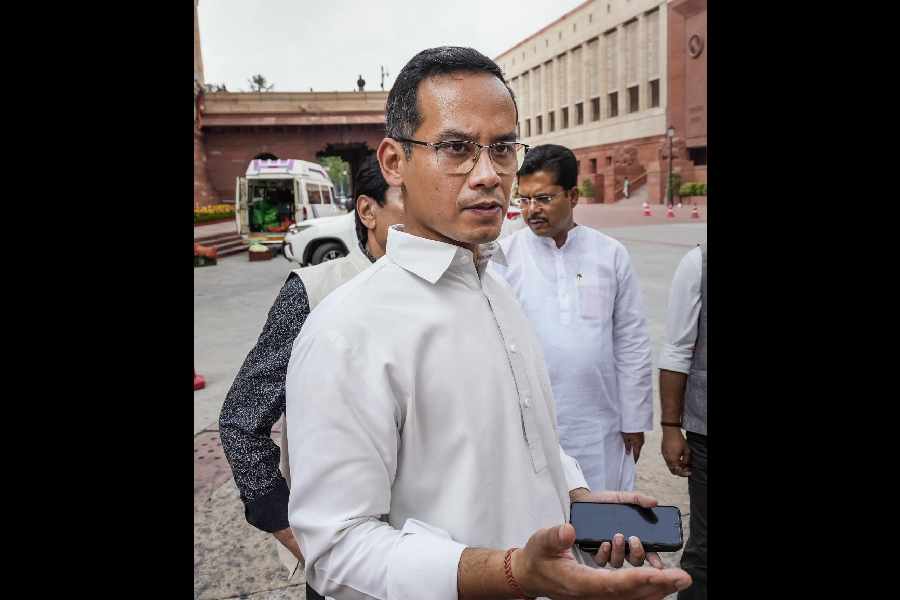Gaurav Gogoi, deputy leader of the Opposition in the Lok Sabha, has sought “urgent rectification” of “historical inaccuracies” about the Ahom dynasty in NCERT’s revised Class VIII history textbook, urging consultation with subject experts from Assam.
In an August 12 representation to Union education minister Dharmendra Pradhan, the Jorhat MP and Assam PCC president flagged errors in the Tribes, Nomads and Settled Communities chapter, which covers the Ahoms’ six-century rule and defense against Mughal invasions. While welcoming their inclusion, Gogoi, himself an Ahom, said misrepresentations risk distorting students’ understanding.
The NCERT, set up in 1961, prepares model textbooks for schools. Gogoi said the book incorrectly states the Ahoms migrated from present-day Myanmar, whereas research locates their origins in Mung Mao, a Tai polity in Yunnan, China.
He also called the portrayal of the Paik system as “forced labour” erroneous, saying it was a rotational administrative and military service offering land and advancement. Similarly, he disputed the account of the 1663 Treaty of Ghilajarighat as an Ahom defeat, calling it a strategic truce that paved the way for expelling the Mughals.
The claim that the Ahoms “suppressed” the Bhuiyan landlord class, he said, oversimplifies socio-political integration. Key aspects such as the Khel administrative system, landmarks like Rang Ghar and Talatal Ghar, and their role in Assamese identity are absent.
Gogoi warned such omissions and distortions undermine the Ahoms’ legacy and Assam’s heritage.










